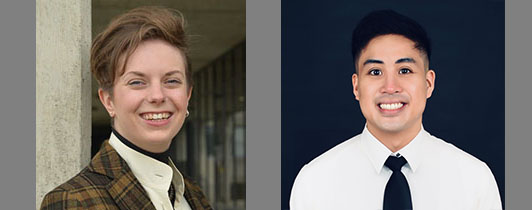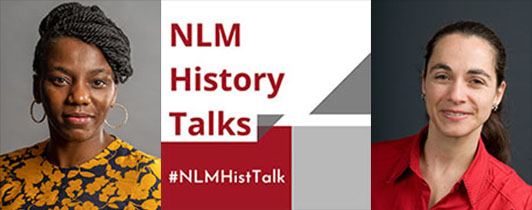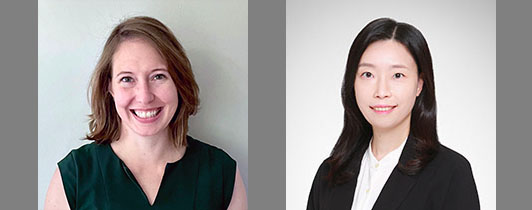These talks promote awareness and use of NLM and related historical collections for research, education, and public service in biomedicine, the social sciences, and the humanities. The series also supports the commitment of the NLM to recognize the variety of its collections—which span eleven centuries, encompass a range of digital and physical formats, and originate from nearly every part of the world—and to feature individuals who value these collections and use them to advance their research, teaching, and learning.
Stay informed about NLM History Talks on Twitter at #NLMHistTalk.
All talks are free and until further notice will be held virtually, closed-captioned live, live-streamed worldwide, and subsequently archived on NLM’s YouTube channel and NIH VideoCasting. Livestreaming and archiving of all NLM History Talks are made possible through a generous gift to the NLM from the Michael E. DeBakey Medical Foundation. The NLM is authorized to accept donations in support of its mission.
To request reasonable accommodations to participate in this event contact the NLM Support Center. Requests should be made as early as possible to allow time for coordination.



